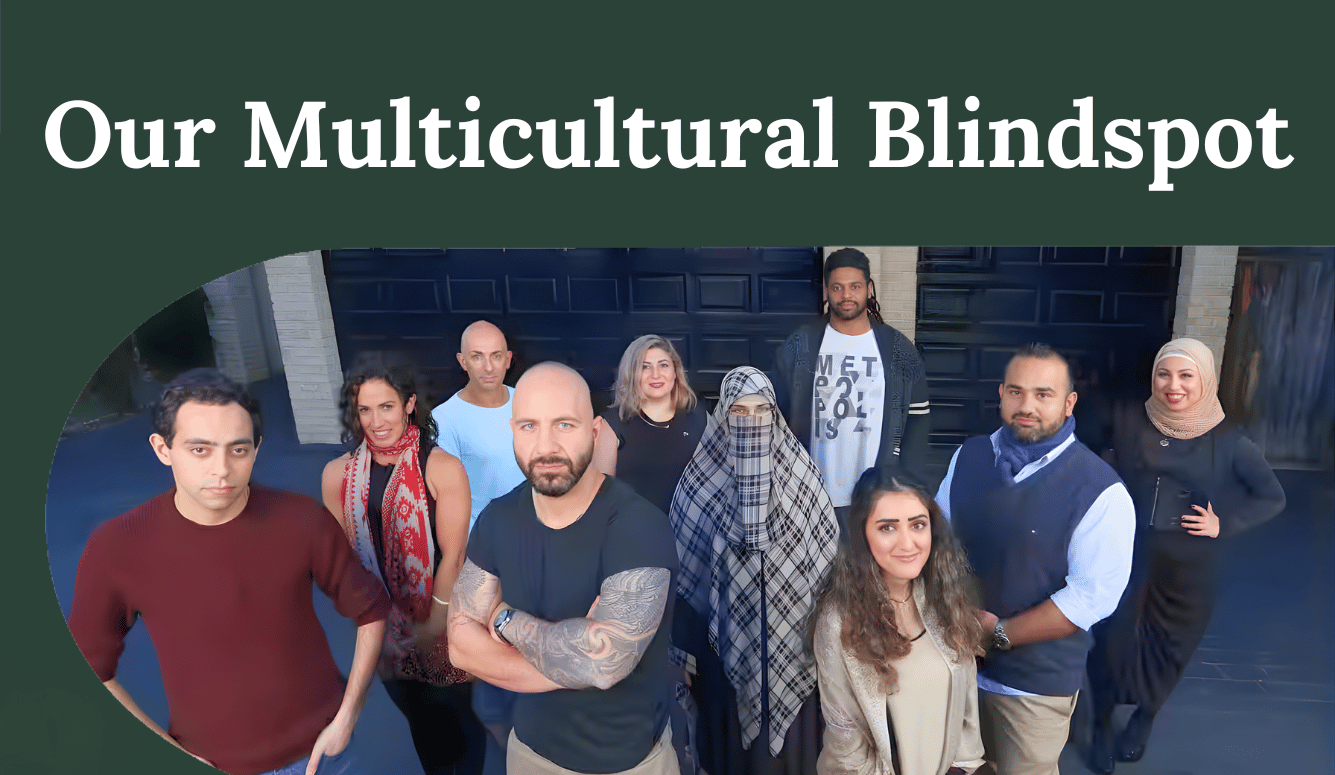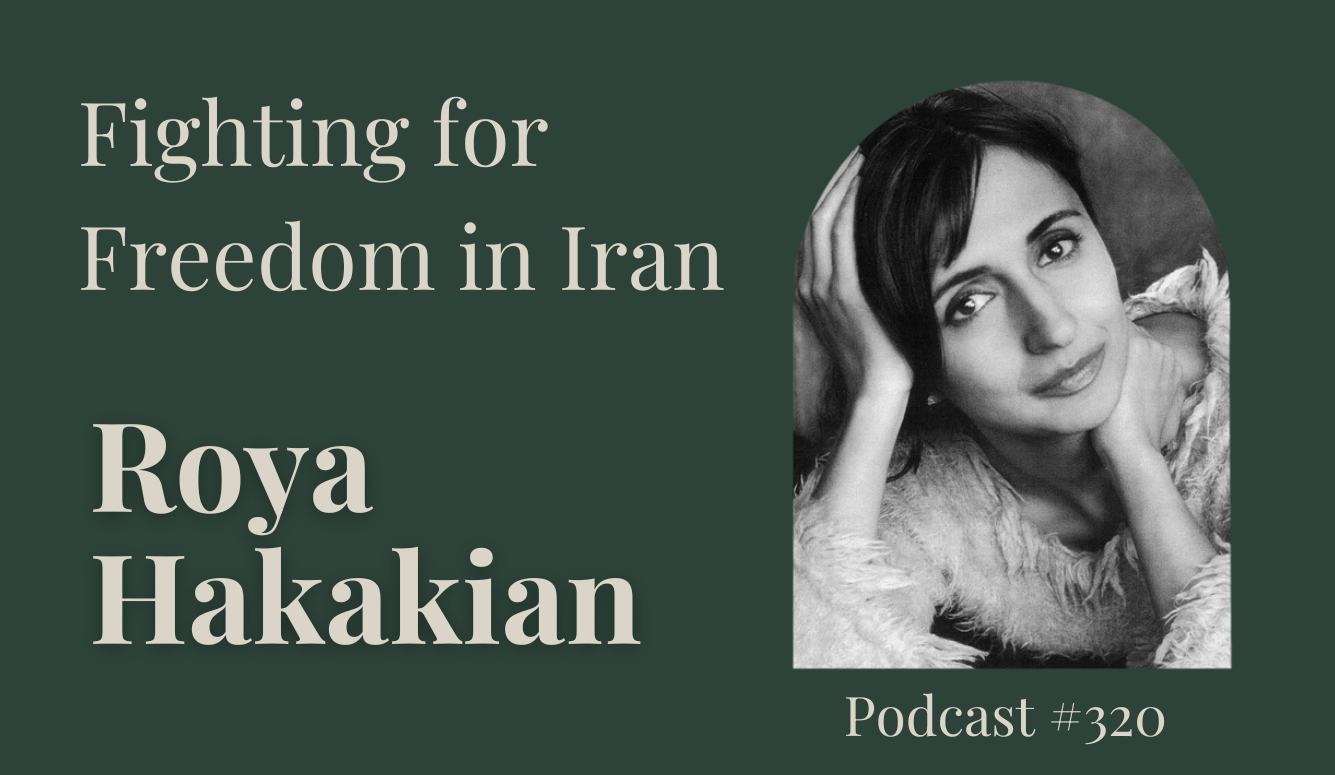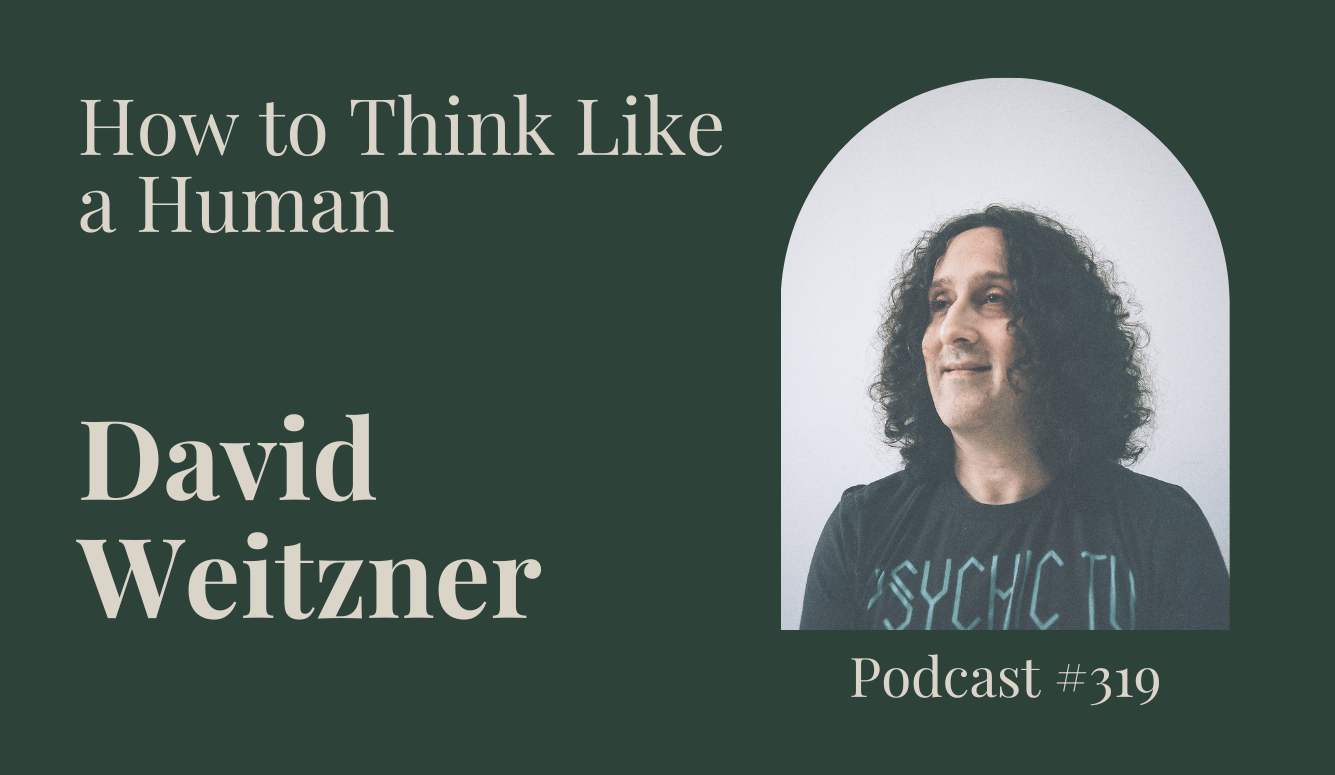Security
The Regressive Left and Its Word Games
When government officials and legislators omit any mention of Islamism as an antecedent to violence, they are inoculating dangerous ideas from the searing eye of rational criticism.

Last month, US Senator Dick Durbin (D-Ill) shamelessly admitted to calling for a revision of up to 900 pages of the FBI’s counter-terrorism training manuals so as to make them more palatable to Islamic interest groups. One of the results, as reported by PJ Media, was an official FBI lexicon that excluded any mention of “jihad,” the common thread underlying incidences of global terrorism from Baghdad, Dhaka, and Istanbul, to Paris, Brussels, and Orlando. If the ideological basis of terror is to be combated alongside the bigoted politics of right-wing authoritarianism, the left must abandon its political word games.
The Unnamed Enemy
The Obama administration defends its policy of reticence with respect to “Islamism” and “jihadism” by claiming that the use of these terms might alienate moderate Muslims — the community whose cooperation is most needed in the fight against terror. Simultaneously, the president and his staff portray their critics as myopic pedants arguing over semantics. “Calling a threat by a different name does not make it go away,” the president insisted following the Orlando massacre at a gay nightclub by Omar Mateen, an ISIS sympathizer.
Such omissions were particularly embarrassing for the administration following revelations that the Department of Justice and the FBI redacted Mateen’s pledges of allegiance to ISIS and its leader, Abu Bakr al-Baghdadi, in a released transcript of Mateen’s 9-1-1 call from the Orlando nightclub. The DOJ later released the complete transcript following an outcry from citizens and government officials.
In response to Senator and former Republican presidential candidate Ted Cruz’s questioning of why all mention of “jihad” was scrubbed from official government documents on terrorism, the secretary of the Department of Homeland Security, Jeh Johnson replied, “I didn’t particularly care whether the baseball card said ‘Islamic extremist’ or ‘violent extremist,’” when signing off on a drone strike. Similar obfuscation was on display during the same congressional hearing wherein Cruz’s repeated questioning of Muslim Advocates president and executive director, Farhana Khera, was met by her continuous refusal to answer whether she agreed or disagreed with a colleague’s statement that “there is no such thing” as radicalization in the Muslim community.
Cruz insisted that the administration’s “willful blindness” about the link between Islam and terrorism caused it to miss the “red flags” associated with the shooting at Fort Hood, the Boston Marathon bombing, and the San Bernardino and Orlando massacres. Johnson is correct that it does not matter what you call your target as long as you take it out. But Cruz is also correct— though for the wrong reasons. Acknowledging the ideological foundations underlying terrorism is not important because it helps law enforcement find terrorists; it is important because it identifies and targets the very ideology that incubates terrorism in the first place.

Treating the Symptoms
Law enforcement should be credited for its success in identifying extremists and for foiling the many terrorist plots that have not occurred. But this strategy is incomplete in that it only addresses the symptoms of radicalization. The government’s reluctance to admit that Islamic ideology plays a central role in violent extremism for fear of alienating Muslim allies leads to two toxic outcomes: (1) reactionary anti-Muslim bigotry in response to the administration’s perceived abdication of its duty to protect citizens, and (2) Muslims’ refusal to take responsibility for the potentially violent interpretation of Islam’s core doctrines and values. This is not to say that all Muslims are complicit in terrorist activity or that they are not horrified and do not condemn such acts of terror. But the wholesale refusal to acknowledge Islam as at least one of a number of implicated factors is inexcusable. Shielding violent ideologies from criticism and counter-narratives leads to the perpetuation of those very ideologies.
In an increasingly polarized political climate, where left-wing masochism and right-wing authoritarianism are threatening to destroy Western civil society, such refusal to label Islamic extremism by its name for fear of offending Muslims will do more to empower the political fringe than the sensible middle. Furthermore, by waiting to deal with the symptoms of violent radicalization as opposed to preventing it in the first place, the administration will continue to rely on domestic heavy-handedness and international militarism, and thus alienating the very Muslim communities whose cooperation it seeks. This censorship likewise dis-empowers the liberal and secular forces within Islam who are rightly frustrated by the left’s apologia for Muslim theocracy.
It is time to unbind ourselves from the shrouds of political correctness and identity politics. It is time to stand up to cowardice in the face of duplicitous theocrats who conflate criticism of religious beliefs with bigotry. Far from leading to a “clash of civilizations” narrative rightly feared by moderates and counter-terrorism experts, honesty in the face of obfuscation will dis-empower the propaganda of right-wing demagogues intent on realizing this self-fulfilling prophecy. At the same time, it will help moderate Muslims to redefine the very doctrines and beliefs responsible for the death of thousands of Muslims and non-Muslims alike.
In his essay, Politics and the English Language, George Orwell wrote: “Political language…is designed to make lies sound truthful and murder respectable, and to give an appearance of solidity to pure wind.” This should be remembered whenever accusations of “Islamophobia” are hurled at those who would dare to question the violent doctrines of Islam. But Orwell also cautioned against succumbing to “political quietism,” and the “pure wind” of political speech is not just evident in acts of commission. When government officials and legislators omit any mention of Islamism as an antecedent to violence, they are inoculating dangerous ideas from the searing eye of rational criticism.






